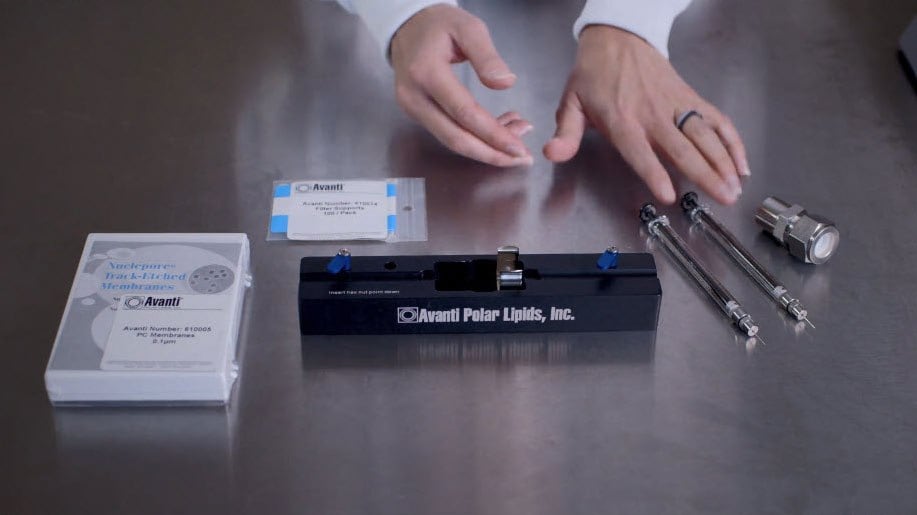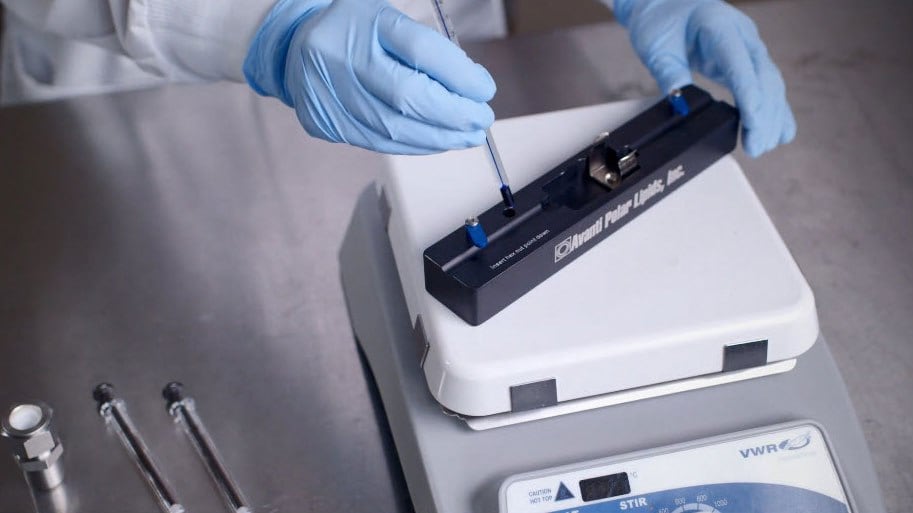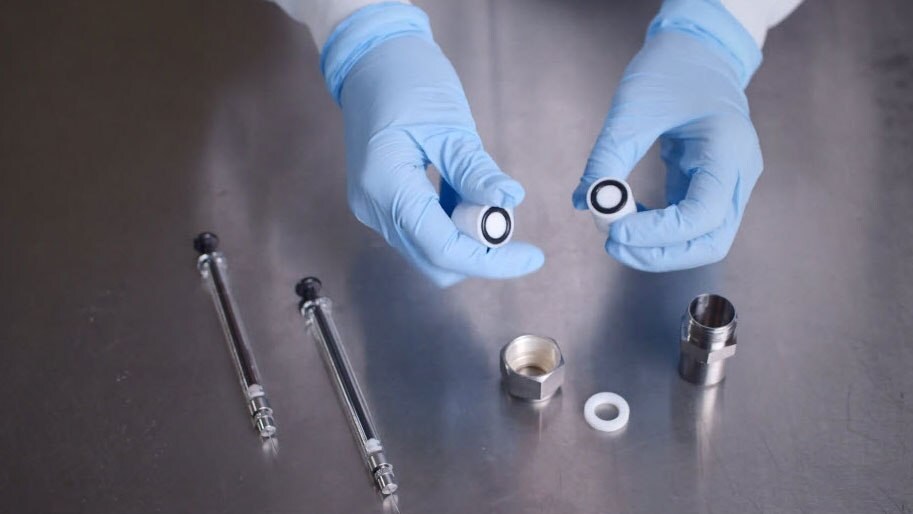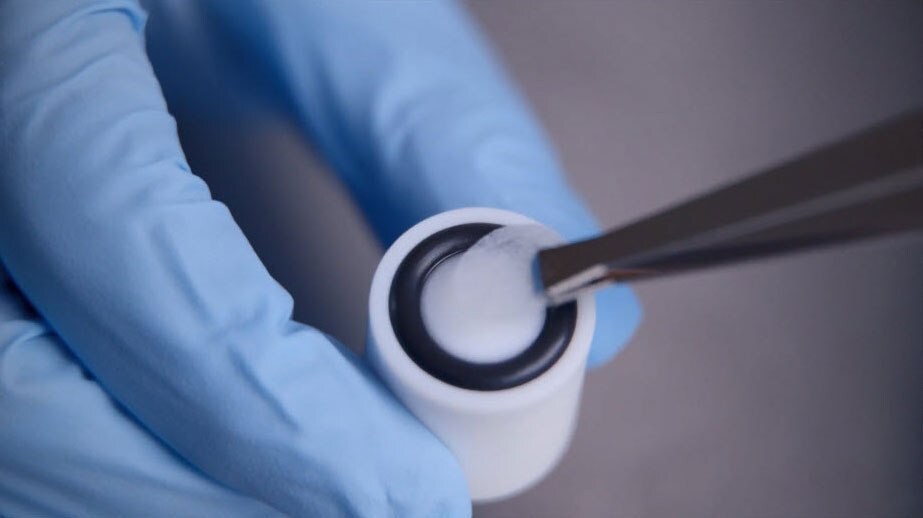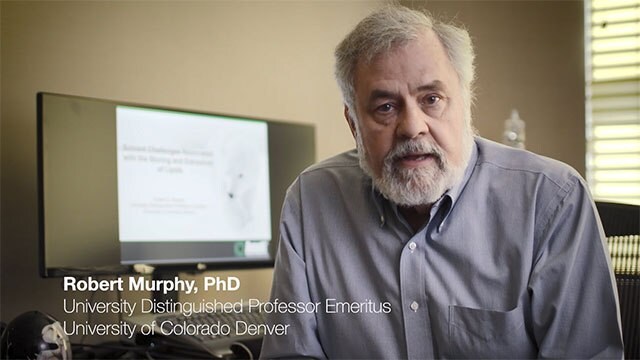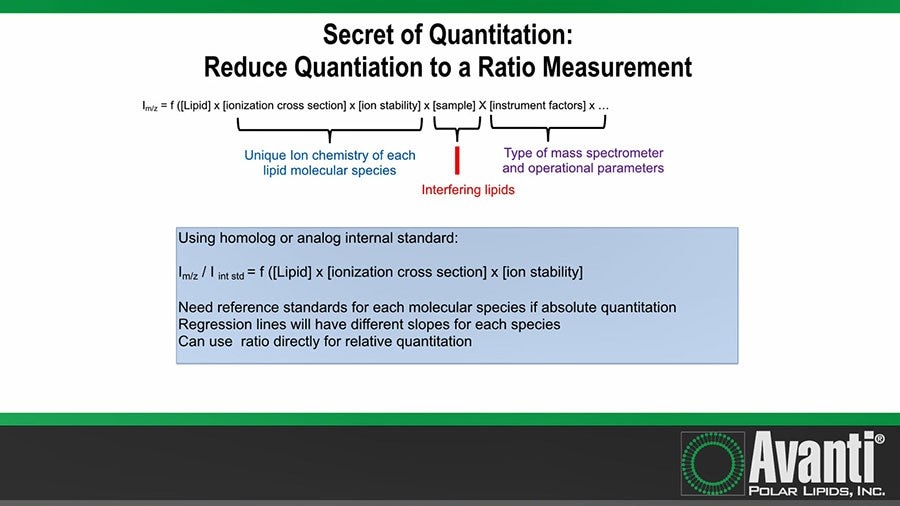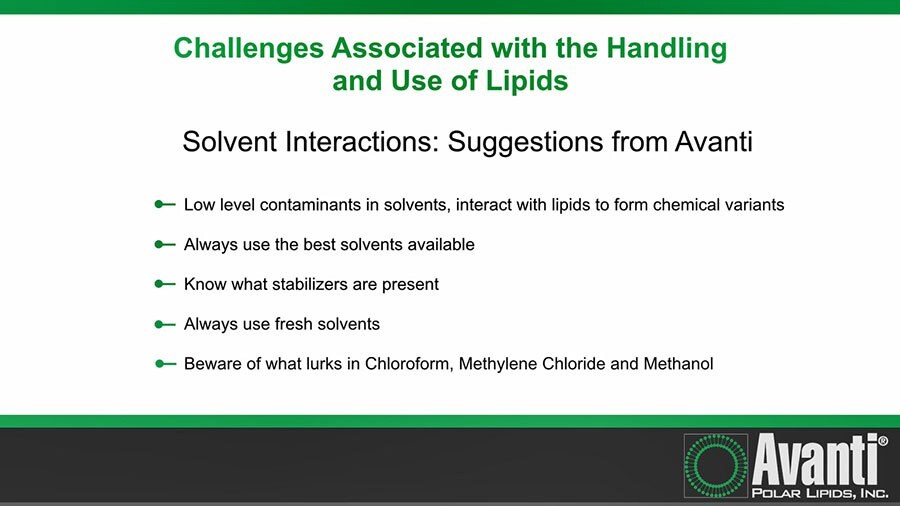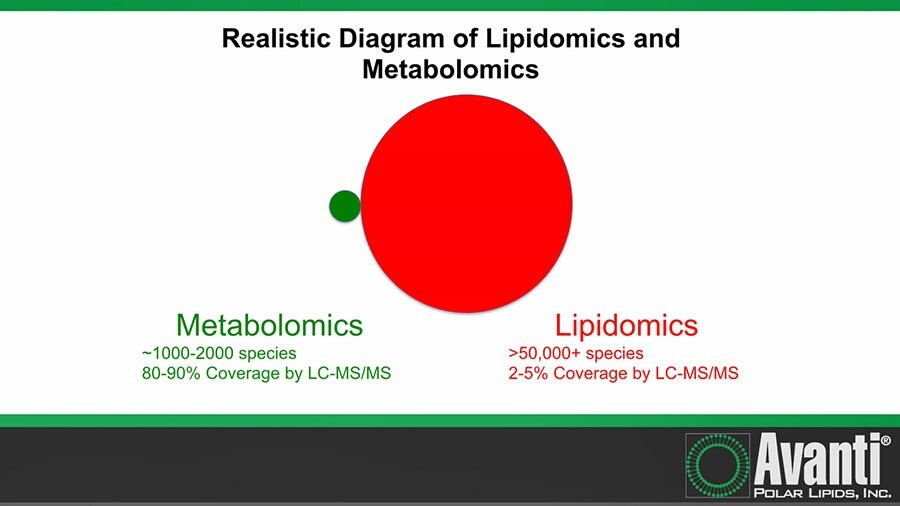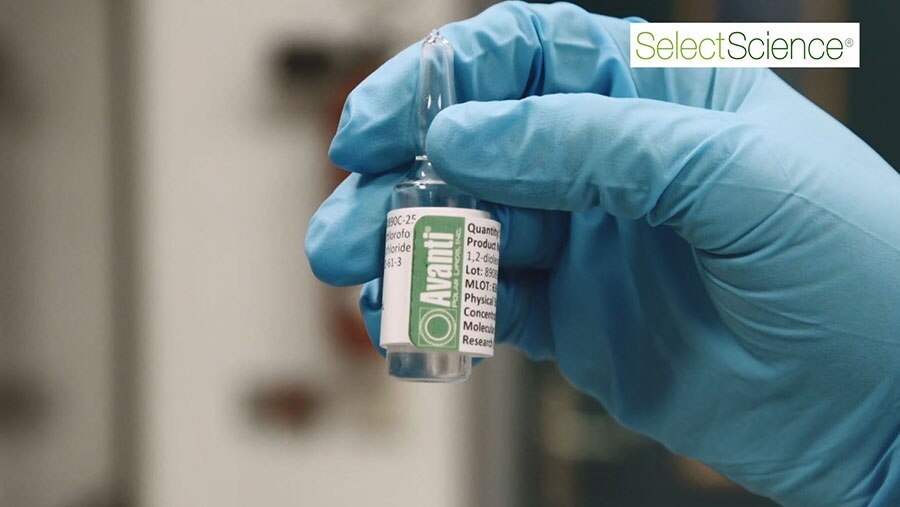Avanti® Polar Lipids

Lipidomics research, a sub-field of metabolomics, studies the structure and function of the entire set of lipids in a cell or biological system, also called the lipidome, and their interactions with other cellular components to discover biomarkers of pathological disorders.
As the exclusive partner of Avanti® Polar Lipids for all countries except the United States, we strive to make high-purity lipids more accessible to researchers around the world. We provide a comprehensive portfolio of Avanti® lipids, adjuvants, and equipment used in drug delivery solutions for complex therapeutic drugs and next generation mRNA vaccines. All Avanti® products meet stringent quality and stability control standards.
- More than 2,000 Avanti® products with >99% purity
- High-purity natural and synthetic phospholipids, sphingolipids, and sterol lipids
- Fluorescent lipids, adjuvants, lipid-binding antibodies, and more
- Lipidomics tools for studying lipid structure and function
- Avanti® Mini-Extruder for liposome preparation
Products
Related Product Resources
Catalog: Pure Expertise - Avanti® Polar Lipids
Brochure: Lipidomics - Connecting Lipids, Technology and Cellular Biology
Data Sheet: LIPIDOMIX® Quantitative Mass Spec Standards
Data Sheet: EquiSPLASH™ LIPIDOMIX® Quantitative Mass Spec Internal Standard Avanti® Product Number 330731-1EA
Free Lipidomics eBook
Data Sheet: Quantitative 31P-NMR Analysis of Phospholipid Mixtures
Data Sheet: Quantitative Lipidomics Analysis – Comprehensive Coverage with Accurate Quantitation
Technical Article: Avanti® Polar Lipids: Frequently Asked Questions
Protocol: Avanti® Mini-Extruder Extrusion Technique
Brochure: Metabolomics
Adjuvants in Immunotherapy & Vaccine Development
Vaccine adjuvants using heterogeneous monophosphoryl Lipid A (MPL) derived from Salmonella minnesota R595 have proven to be safe and effective at inducing Th-1 type immune responses to heterologous proteins in animal and human vaccines. The Avanti® team revolutionized immunotherapy and vaccine development with the introduction of synthetic MPL derivatives and adjuvant systems. We offer multiple Avanti® synthetic analogs of MPL containing a single molecular species that have been shown to be effective and safe at inducing an immune response as their natural product predecessor. PHAD®, 3D-PHAD®, and 3D(6A)-PHAD® have been tested extensively in animals using a variety of antigens. In all cases, these adjuvants exhibit a similar activity and safety profile to bacterially-derived MPL.
UltimateSPLASH™ ONE
UltimateSPLASH™ ONE is the complete internal standard solution for quantitative lipidomics. It consists of one vial containing 69 high-purity deuterium-labeled internal standards covering 15 lipid classes. Each vial contains 1.2 ml of 1:1 DCM:MeOH solution that has been meticulously characterized, quantitated, and blended for accurate quantitation using multiple lipidomics techniques.
LIPID MAPS® Mass Spec Standards
Avanti® is the exclusive licensed manufacturer and supplier of LIPID MAPS® Mass Spec Standards for lipid analysis, including glycerolipids, glycerophopholipids, sphingolipids, and sterols. Quantitative standards are used to identify the structure or concentration of molecular species in mass spectrometry. Qualitative standards are used to tag DNA polymerase for the general identification of lipids by mass spectrometry analysis. Whatever your application, Avanti® chemically pure synthetic lipid standards are characterized and prepackaged in unit containers at defined concentrations. A detailed certificate of analysis accompanies each standard.
Equipment
The Avanti® Mini Extruder allows you to prepare large, unilamellar vesicles by extrusion in an efficient manner. Generate uniform populations of unilamellar liposomes without the use of solvents or detergents. Vesicle size is controlled by polycarbonate membrane selection. The particle size distribution of unilamellar vesicles prepared by extrusion is a function of the number of passes through the extruder membrane. Placing the stabilizer block-extruder assembly on a hot plate achieves rapid temperature control for lipids that have transition temperatures above room temperature. The special design, constructed of stainless steel and Teflon, allows for rapid cleaning of all wetted parts, reducing “down-time” between production of vesicles from different lipid species.
To continue reading please sign in or create an account.
Don't Have An Account?